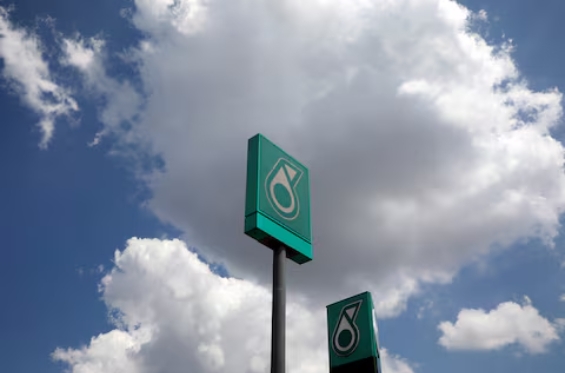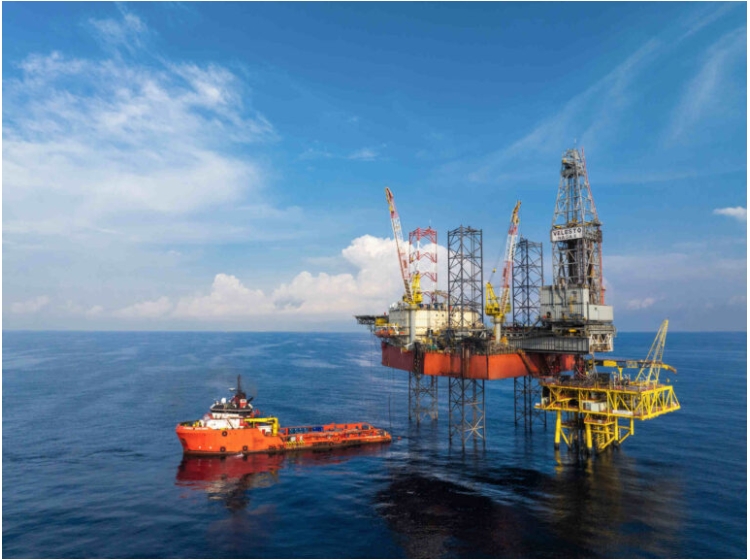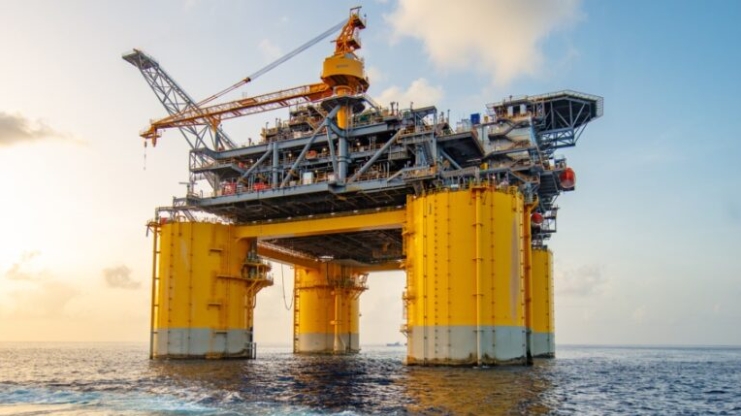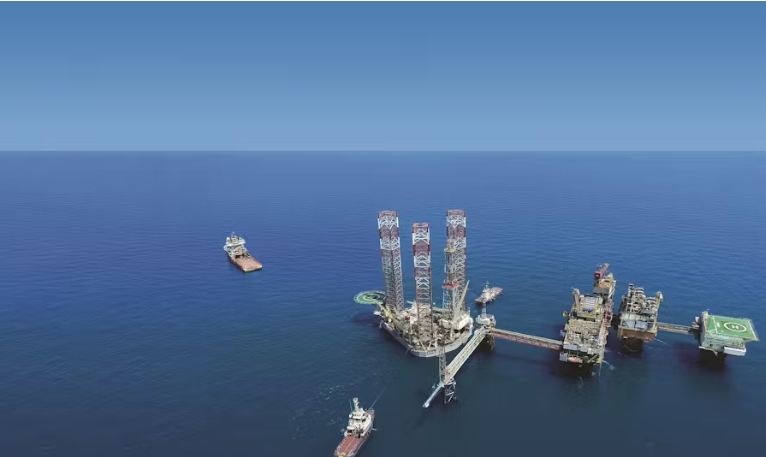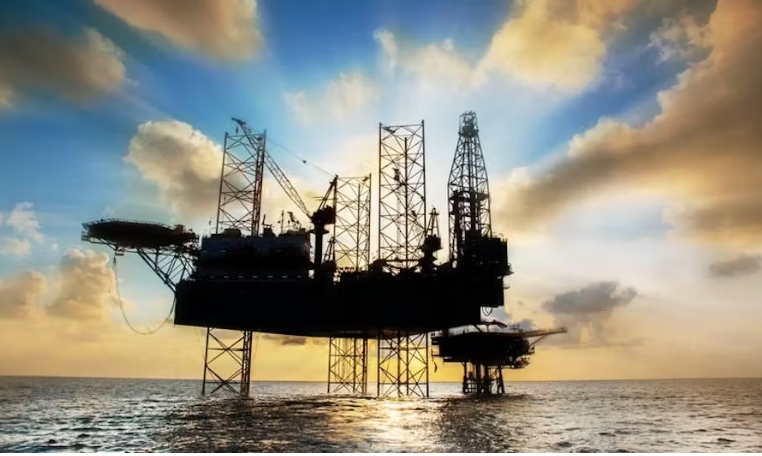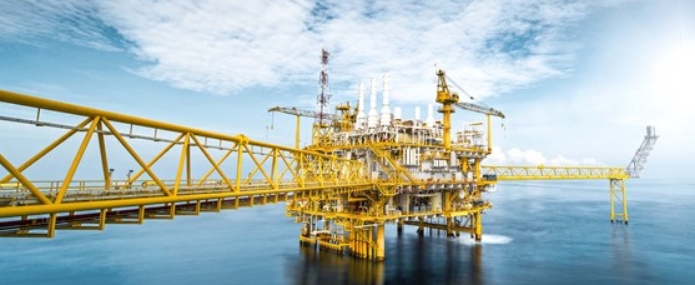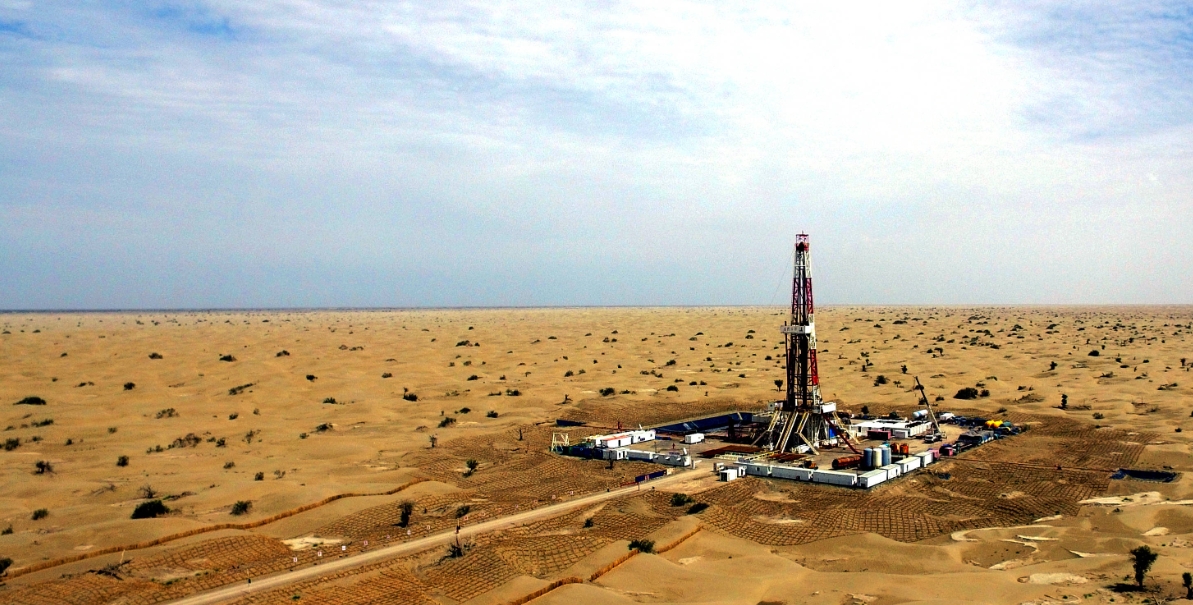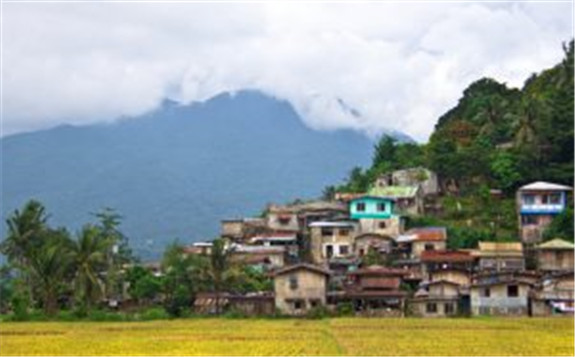 Philippine hillside village. Photo by Daniel Zuckerkandel/Shutterstock.com
Philippine hillside village. Photo by Daniel Zuckerkandel/Shutterstock.com
Installed by the WEnergy Global Fund’s Sabang Renewable Energy Corporation (SERC), the off-grid hybrid microgrid is located in the town of Cabuyagan on the Philippine island of Palawan.
It’s the first $20 million investment from the CleanGrid Partners Investment Fund to partly fund and develop four solar-storage-diesel microgrids across the island slated to come online in the next two years, according to the Singapore-based developer.
WEnergy led development of the Cabayugan’s Sabang hybrid microgrid project, which will serve some 700 residents and customers, the company says. At its core is a 1.4-MW solar PV system, a 2.4-MWh battery storage system, 1.2-MW of diesel-fueled power and 8.7 miles of new transmission line.
An in-house, real-time performance monitoring and control platform runs the entire system. Originated in 2013, WEnergy says project completion will smooth the way forward and pave the way for similar projects to be carried out at a much faster pace.
Rising to a government challenge
WEnergy was challenged by the Philippines’ energy minister and the mayor of Puerto Princesa, the largest town on Palawan, to solve the off-grid electrification problem of Barangay Sabang, a popular tourism spot hosting the Underground River. It’s also a UNESCO World Heritage Site and a nature-protected area that, among others, attracts more than 350,000 tourists per year, WEnergy CEO and co-founder Atem Ramsundersingh said.
Project suppliers delivered microgrid system components based on WEnergy designs and engineering. This included customized batteries from Tesla, Trina Solar panels comprised of a mix of residential and commercial models, and transformers from Taiwanese manufacturers, Ramsundersingh said. Local contractors handled the civil and electrical work.
All told, the project cost about $8.5 million with an expected payback of 8-9 years. The Development Bank of the Philippines financed 70% of the project with debt, while CleanGrid, Gigawatt Power and Vivint Energy each provided equity shares.
The project broke ground April 27, 2018 and power sales began Aug. 21, 2019. It was officially inaugurated this month.
“Many local and foreign companies went to see the site before us, but never returned with a solution,” Ramsundersingh told Microgrid Knowledge. “In those days, a smart microgrid sounded like science fiction. We did not only manage to solve the problem of electrification, but we did this by enabling over 60% renewable energy, solar PV, to be in the energy mix in the microgrid on average in the first 5-7 years at around 50% on average over the total economic life-time of the project, which is 20 years.”
Building a community microgrid customer base
To date, a mix of some 330 consumers have connected to the Sabang hybrid microgrid from Barangay Cabayugan, according to Ramsundersingh. “We are providing 24/7 power, of which — given the current load — 100% has been solar PV-based and the diesel was only used for testing and warming up purposes.”
Consumption has grown 12% month-to-month and 3% per connection, according to Ramsundersingh.
The hybrid microgrid has an economic lifetime of 20 years, but it’s designed to last 30, Ramsundersingh says. “Since its operation, we had blackouts lasting not more than 15 minutes on average due to heavy rains and storms — the T&D lines are vulnerable to trees and branches, and sometimes animals,” he said. “SREC is following a disciplined preventive maintenance schedule by trimming trees and branches to ensure operational continuity.”
Power generation is running very smoothly and isn’t posing any risks, Ramsundersingh continued.
“Savings are being reported to us of between 30-40%. That will boost economic development in Sabang, both for the tourism and fisheries sector,” he said.
The construction of 15 additional hybrid microgrids slated for sustainable electrification on another four islands next year will depend on many factors, including government policy, regulation and public-private cooperation, Ramsundersingh concluded.
CleanGrid Partners is a $100 million, Singapore-based fund set up by WEnergy with fellow Singaporean investment house ICMG Partners and the Greenway Grid Global Singapore-based unit of utility Tokyo Electric Power Corporation PowerGrid.
